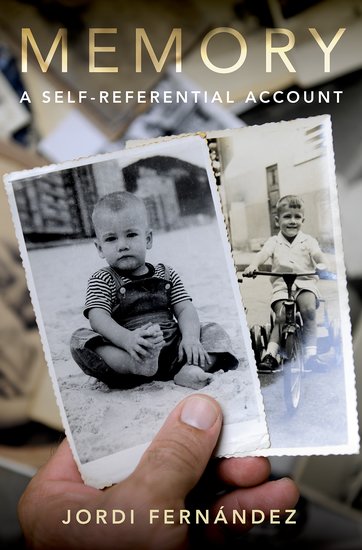3. Aspects of the Self
In the previous post, I showed how the self-structure could be specified. The self has also some properties, e.g., phenomenal, social, and ethical ones, that are capable of being specified in structural terms. Let us begin with phenomenal aspects, which amount to the capacity to have consciousness and intentional states. …

